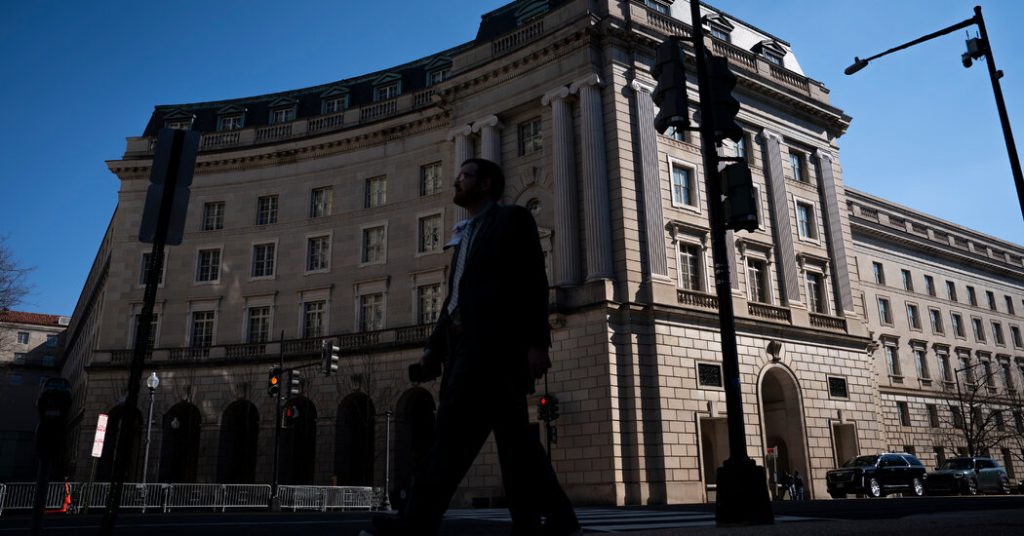Introduction: The Department of Government Efficiency and Its Controversial Claims
Elon Musk’s Department of Government Efficiency, or DOGE, has made headlines with its bold claims of saving taxpayer money by canceling federal contracts. However, these claims have come under scrutiny as many of the contracts DOGE has taken credit for canceling were actually terminated years ago, under previous administrations. For instance, a Coast Guard contract from the Bush era, which ended in 2005, was incorrectly cited as a recent cancellation, saving $53.7 million. This revelation has sparked questions about the accuracy and competence of DOGE’s methods, casting doubt on their credibility in efficiently managing government operations.
False Claims and Questionable Savings
DOGE’s "wall of receipts" lists supposed savings from canceled contracts, but many entries are riddled with errors. For example, they claimed to have saved $14 million by canceling a contract that had already ended in 2021. Such inaccuracies have drawn criticism from experts, who liken DOGE’s approach to "a bull in a china shop," highlighting their lack of understanding of government processes and their potential to create a mess rather than efficiency. This raises concerns about the reliability of their reported savings and their ability to navigate complex federal operations effectively.
Tracking Errors and Inflated Savings
The poor tracking of contracts is a significant issue for DOGE. Contracts often lack proper identifiers, making it challenging to accurately track savings. DOGE has reported saving $65 billion, but only a small fraction of this amount is itemized, leading to skepticism. Many of their claims are based on incorrectly reported cancellations, some of which are duplicates or misattributed. This lack of transparency and accuracy undermines the credibility of their savings figures and calls into question their overall strategy.
Rushed Processes and Mistakes
The rush to identify budget cuts has led to both undercounting and overcounting savings. Some contracts listed as canceled were already completed, while others were counted multiple times or linked to the wrong contracts. DOGE’s methods have been criticized for being hasty and inaccurate, with senior officials suggesting that the data provided by agencies might be misleading them. This highlights the need for more robust verification processes to ensure the accuracy of their claims and actions.
Implications for Federal Operations
While DOGE has made some genuine cuts, such as significant layoffs and the cancellation of active contracts, the inaccuracies and lack of proper tracking cast doubt on their efficiency and understanding of federal operations. This has significant implications for their credibility and the effectiveness of their initiatives. The errors not only undermine public trust but also raise concerns about the potential for further mistakes that could impact the effectiveness of government programs.
Conclusion: A Call for Transparency and Accuracy
In conclusion, while DOGE’s mission to streamline government operations is commendable, the numerous errors in their claims and tracking processes highlight the need for greater transparency and accuracy. Without a more robust system to verify their savings and cancellations, DOGE risks losing credibility and effectiveness. The challenge lies in balancing aggressive cost-cutting with careful, accurate tracking to ensure that their efforts truly benefit taxpayers and enhance government efficiency.


